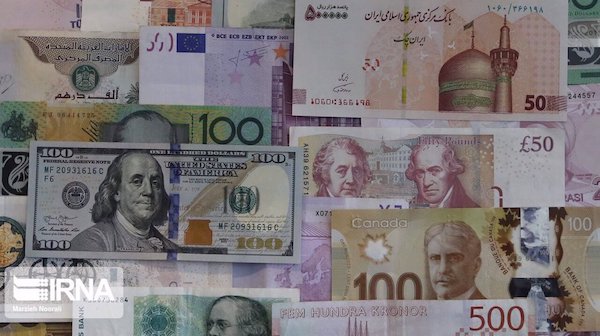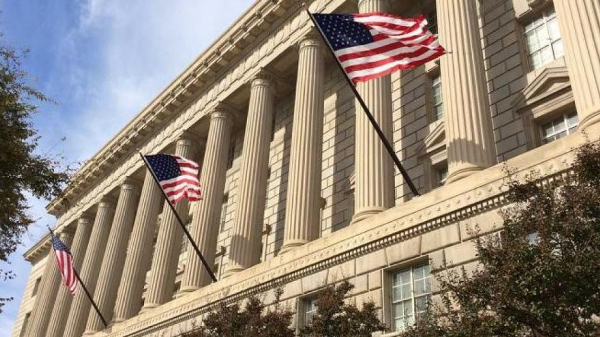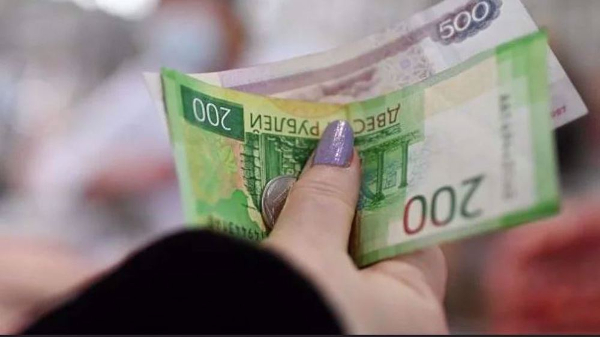image1
Iranís central bank further limits the amount of cash allowed to be sold to outbound passengers.
The Central Bank of Iran (CBI) has imposed a fresh limit on the amount of foreign currency cash allowed to be sold to outbound passengers amid efforts by the government to prevent any misuse of the countryís hard currency resources.
The official IRNA news agency said in a Tuesday report that the CBI had ordered a significant reduction in the amount of cash allowed to be sold to passengers who travel to visa-free destinations.
It said the foreign currency quota allowed for those passengers had declined to 300 euros ($338.7) from 2,200 euros allowed under previous regulations.
Passengers traveling to destinations where visa requirements are in place will be allocated a sum of 2,000 euros, said the report, adding that other groups of outbound passengers, including those traveling by land, rail or sea will be allowed to obtain 300 euros to pay for their travel costs.
All those quotas are allocated on currency prices used in a government-run exchange system known as NIMA where rates are slightly lower than the unofficial market.
The IRNA report said that the CBI had decided to reduce the amount of foreign cash allowed under subsidized rates for passengers based on a decree by the administrative government.
It said the decision was made after reports showed there have been irregularities and breaches in the way foreign exchange is allocated to outbound passengers.
Iran has seen a major decline in the value of its currency rial since 2018 when the United States imposed unilateral sanctions on the country.
The rial closed at 291,300 against the US dollar on Tuesday, up slightly against prices reported a day earlier and around 10% firmer against near-record lows reported in early December.











